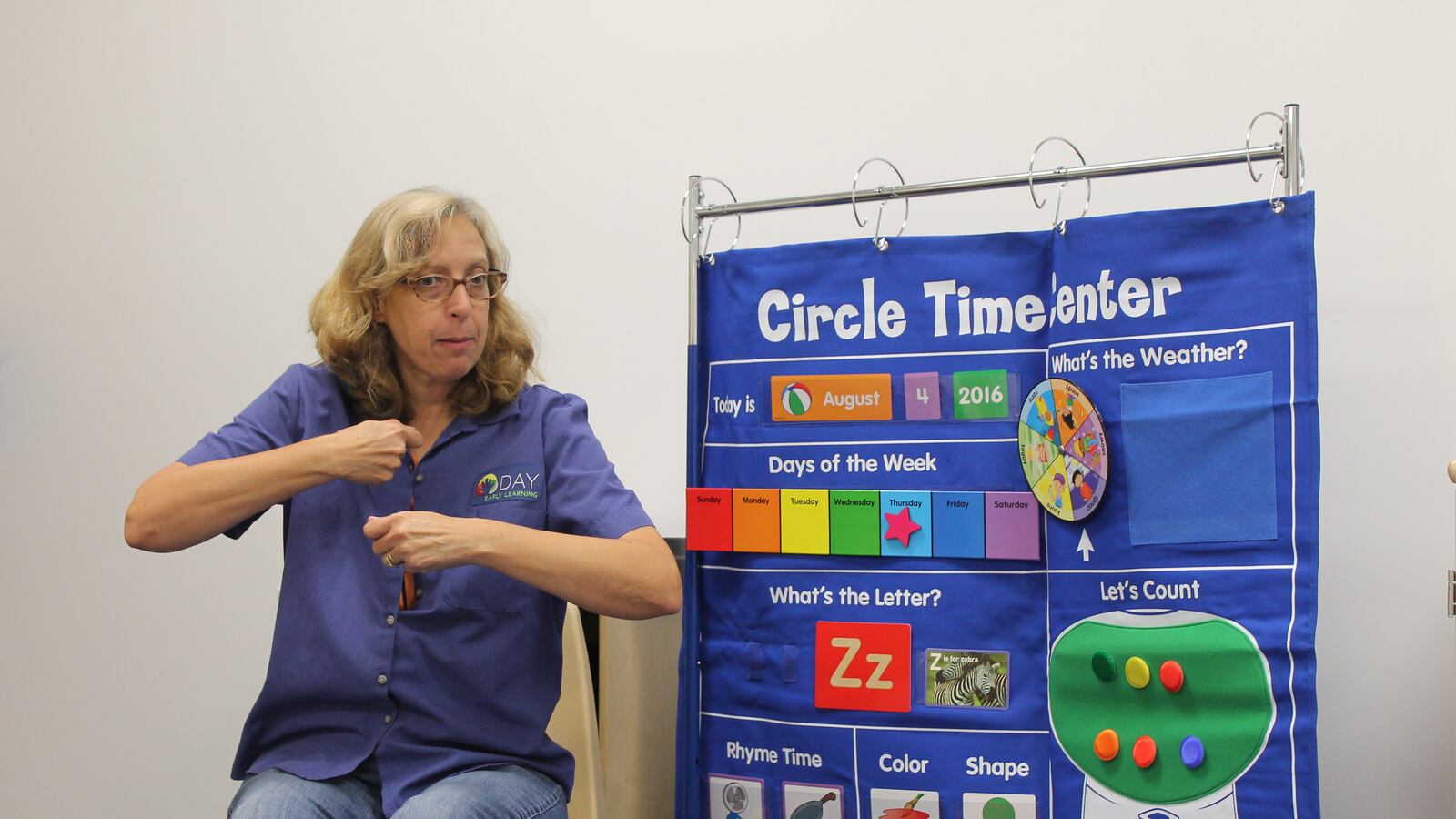A controversial proposal to allow district schools to hire up to 10 percent unlicensed teachers is back.
Indiana senators removed the measure from the bill earlier this month, but it was revived Tuesday as lawmakers said they wanted to address teaching shortages by allowing traditional public schools to have similar flexibility in hiring as charter schools.
It replaced a proposal that would have allowed districts to hire up to 10 percent of teachers who haven’t passed content exams. The bill now also includes provisions to allow districts to give certain teachers extra pay and change teacher pay scales.
Rep. Bob Behning, an Indianapolis Republican and chairman of the House Education Committee, re-introduced the measure on unlicensed teachers through an amendment to Senate Bill 387.
Behning said he brought back the proposal because he thought it was a simpler fix to the bill’s original goal of addressing teacher licensure exams. The tests have been criticized recently for being too difficult and keeping potentially qualified teachers out of the classroom at a time when schools have struggled to hire in certain subjects such as math and special education.
“It’s language that currently we use for other schools,” Behning said. “It’s more logical.”
Under the proposal, would-be teachers could be hired by a district while they are unlicensed, but they must be pursuing a teaching license. They would have three years to complete the license requirements.
“Principals are having a hard time filing teaching positions in certain areas and in certain parts of the state,” said Tim McRoberts, associate executive director of the Indiana Association of School Principals. “Students coming out of (teacher preparation) programs are having difficulties passing some of these content area exams. The overriding objective of this bill is to help everybody.”
McRoberts pointed out that schools would not be obligated to hire unlicensed teachers, and principals still have discretion to choose the best candidates.
The bill was also amended to include a hotly debated change to how teachers can be paid. Like teachers of advanced courses, elementary teachers who earn master’s degrees in math, reading or literacy could receive an extra stipend.
Separately, districts would also have the flexibility to give some teachers larger raises than others if unions agree to it in contract negotiations. Kokomo Superintendent Jeff Hauswald gave an example during last week’s committee that fixed percent increases might disincentivize less experienced teachers from staying in teaching because older teachers with larger salaries would naturally get bigger increases.
“I would love to pay all teachers more, but I would love to pay our beginning teachers and increase their salaries at a more rapid pace,” Hauswald said.
On Twitter, the Indiana State Teachers Association, the state’s largest teachers union, objected to the teacher pay proposals, as well as ones allowing unlicensed teachers in district schools:
“We need serious conversation about increased pay for all teachers. Supplemental pay equates to paying teachers with tips.”
The bill now also includes a requirement that those pursuing a “career specialist permit” must pass an exam showing they understand how students learn and the practice of teaching, in addition to content exams. The permit was created to attract career-changers to the teaching field who might have expertise in other subjects.
“You can be great in the knowledge, but if you haven’t learned pedagogy you might not be a very effective teacher,” Behning said.
The bill heads to the House floor. If it passes the full House, the Senate will also have to sign off. Behning said he believes other lawmakers will support the amended bill.

